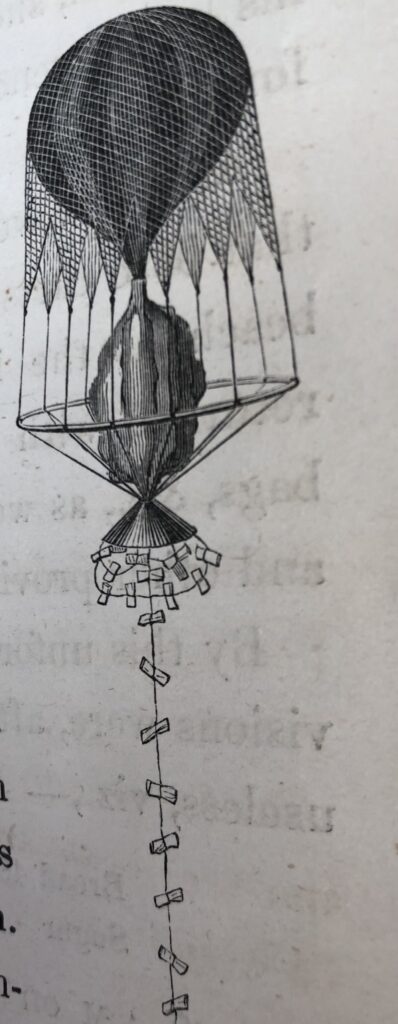WRITTEN BY GEORGE FREDERICK McDOUGALL
In the Illustrated Arctic News, produced onboard HMS Resolute during our galant ship’s very first Arctic winter, of 1850-1851, the Editors George McDougall and Sherard Osborn published McDougall’s Arctic Anthem. You can sing it in your head, or actually out loud, to the tune of the British National Anthem “God Save the Queen”. Americans can sing it to the melody of “My Country Tis of Thee” which is the same. (I quote the first verse in the front of my non-fiction manuscript which I am still sending around to agents!) I have made bold the words that might need definition, with their explanations below. Here are all the verses:
God bless the Resolute,
A ship of good repute,
And all her crew!
Make her victorious,
Over old Boreas,
Whene’er he’s uproarious,
Our consorts too.
Of Button’s Balloons, a store,
We have sent on a tour’
Franklin to cheer!
From toil, we’ll not refrain,
To release his crew from pain,
And return with them again
To friends sincere.
Let this our winter be,
From every care, quite free,
Health to us all!
Don’t let old Zero’s tricks,
perplex the brave Arctics,
Nor let for want of sticks,
Sylvester* fall.
Let us return once more,
To England’s happy shore,
Never to roam!
May we ne’er want for prog,
Or what is better – Grog,
To keep all our lives agog,
Till we reach home.
EXPLANATIONS:
Boreas is the Greek God of the North Wind and Winter
consorts: Austin’s 3 other ships 1850-1851 Intrepid, Assistance & Pioneer.

Button’s Balloons: The Austin Expedition released many balloons to which were attached, according to McDougall, thousands of slips containing the expedition’s whereabouts. On 12 September 1852 Kellett dispatched a balloon “with 800 papers attached to a tail of quick-match. The balloon disappeared in a north-westerly direction.” (McDougall’s Eventful Voyage of HMS Resolute, p. 127) McDougall noted that he was unaware of any of the “many thousand slips” scattered in every direction were ever picked up.
Zero’s tricks: I’m not sure what McDougall meant. Any ideas anyone?
Sylvester*: This word has an asterisk next to it the Illustrated Arctic News with this explanation: “The name of the inventor of the warm air stove”. The Admiralty equipped all their Arctic search vessels with this device.
prog: short for “progress” made to rhyme with Grog
Grog: defined in Admiral Smyth’s The Sailor’s Word Book (edited by our story’s Edward Belcher) “a drink issued in the navy, consisting of 1 part of spirits diluted with 3 of water…as the water onboard in olden times was very unwholesome it was necessary to mix it with spirits…”